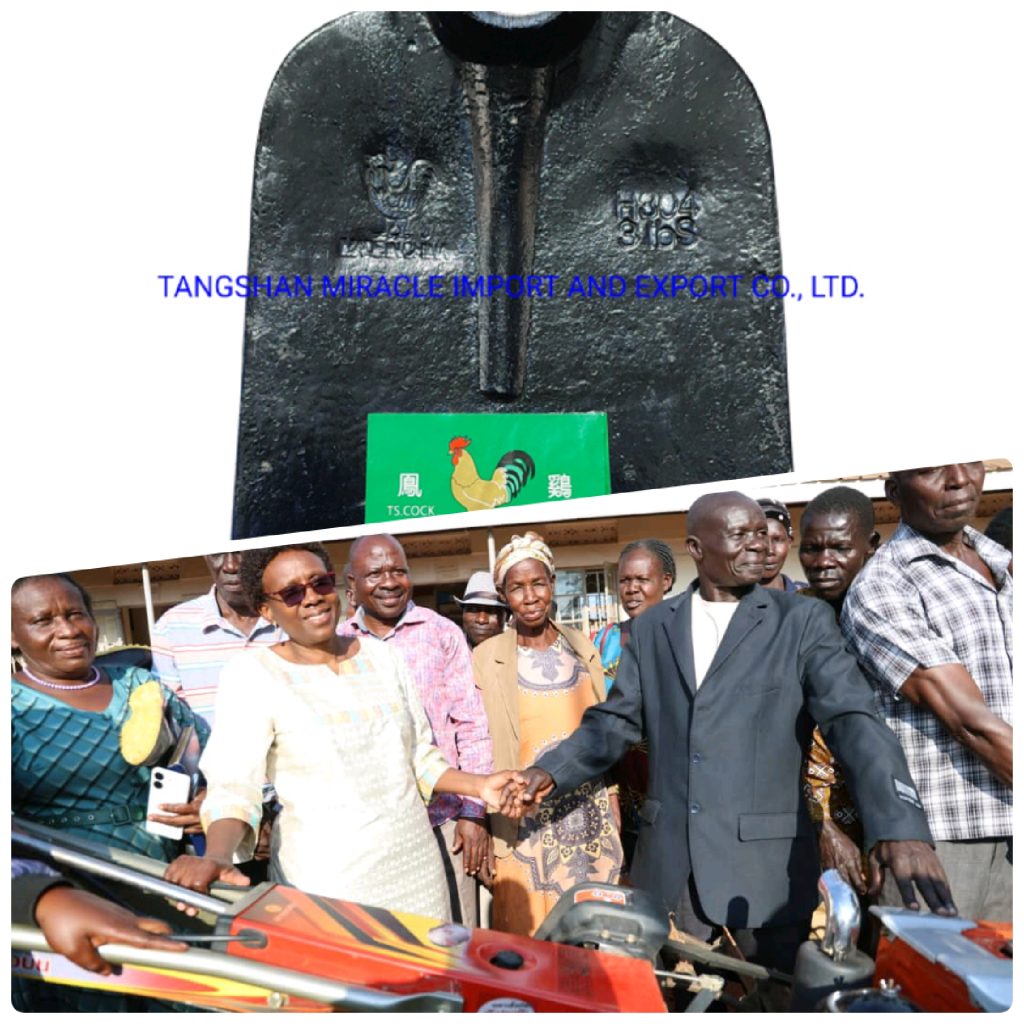
The debate over what peri-urban farmers in Lira City truly need has taken center stage, sparking conversations about the future of agriculture in the area. At the heart of this discussion are the contrasting approaches of two prominent leaders: Hon. Betty Amongi Akena, MP for Oyam South, and Hon. Dr. Jane Ruth Aceng Ocero, the Woman MP for Lira City. While Amongi is advocating for the procurement and distribution of handheld hoes, Aceng has already made strides by delivering handheld tractors to support modern farming. This divergence raises critical questions about the needs of peri-urban farmers and the impact of these decisions on the city’s agricultural landscape.
Handheld hoes have long been a staple tool for subsistence farming across Uganda. They are affordable, easy to use, and culturally familiar to many farmers. For small-scale peri-urban farmers, hoes provide a practical solution for cultivating limited plots of land. However, critics argue that in an era of advancing technology, reliance on handheld hoes perpetuates labor-intensive practices that may hinder productivity and limit economic growth.
Hon. Betty Amongi’s decision to procure handheld hoes has drawn criticism from various quarters. Many city dwellers perceive this move as a political tactic aimed at gaining favor among the rural electorate rather than addressing the genuine needs of farmers. “This is not about empowering farmers; it’s about winning votes,” one concerned resident remarked. Others argue that while hoes may serve an immediate need, they fail to provide long-term solutions to the challenges facing peri-urban farmers.
In contrast, Hon. Dr. Jane Ruth Aceng’s recent delivery of handheld tractors and other modern farming equipment signals a forward-looking approach to agricultural development. Handheld tractors, also known as power tillers, are designed to increase efficiency by reducing the time and labor required for land preparation. They are particularly suited for peri-urban farmers who need to maximize productivity on limited land while balancing other economic activities.
“Modern farming equipment like handheld tractors represents progress,” said one farmer who benefited from Aceng’s initiative. “They allow us to do more in less time, which means we can grow enough to feed our families and sell surplus in the market.” Additionally, the introduction of mechanized tools aligns with Uganda’s broader agricultural transformation goals, which emphasize sustainability and increased output.
The debate over hoes versus tractors has also taken on a political dimension, reflecting the leadership styles and priorities of the two MPs. Hon. Dr. Aceng’s efforts are widely regarded as aligning with the needs of Lira City’s peri-urban farmers, positioning her as a champion of progress and innovation. Meanwhile, Hon. Amongi’s move has been met with skepticism, with many viewing it as a bid to “brainwash” locals for political gain rather than address their genuine challenges.
To truly empower peri-urban farmers in Lira City, a balanced approach is necessary. While handheld hoes may still play a role in specific contexts, the focus should shift toward promoting modern farming practices and tools. This includes providing access to affordable mechanized equipment, offering training on their use, and creating policies that support sustainable agricultural development.
Ultimately, the choice between hoes and tractors is not just about tools; it is about the vision for Lira City’s agricultural future. Modernization and innovation should take precedence if the city is to achieve food security, economic growth, and improved livelihoods for its peri-urban farmers.